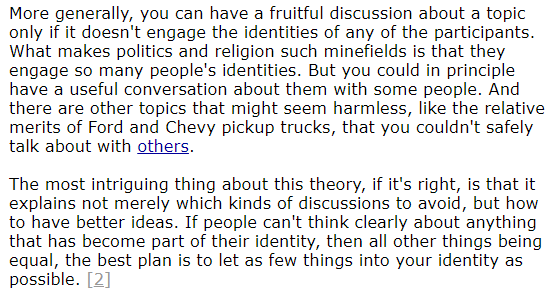
There are four main valuation frameworks for #Bitcoin and I wanted to summarize them with a target valuation that one would assign if one subscribed to that framework.
Thread 👇
Thread 👇
1) Bitcoin's rise is equivalent to the Tulip Mania. It has no real comparative advantage to any existing monetary good or to the current fiat monetary system and is a bubble that will eventually pop.
Long term target price: $0.
Long term target price: $0.
2) Bitcoin is a new monetary technology whose appeal is largely limited to technologically savvy and libertarian minded people who can tolerate its volatility, which will be a permanent feature of its existence going forward.
Long term target price: $10,000 - $100,000
Long term target price: $10,000 - $100,000
3) Bitcoin is a new monetary good that will primarily disrupt its closest monetary cousin, gold. It is significantly superior to gold along all the attributes that make gold a good store of value.
Long term target: $300,000 - $1,000,000
Long term target: $300,000 - $1,000,000
4) Bitcoin will ultimately become the world's reserve currency. It is superior as a collateral asset to anything ever created and will eventually drain store of value premiums out of government bonds, real-estate, precious metals and rare art.
Long term target: $10,000,000+
Long term target: $10,000,000+
After existing for a decade the first valuation framework, which was dominant in the early years, is now only subscribed to by ideologues and luddites (e.g., @PeterSchiff, @paulkrugman and @Nouriel). No intelligent thinker who understands #Bitcoin subscribes to this framework.
The primary valuation frameworks that investors subscribe to today are 2) and 3) with the market slowly transitioning from 2) to 3). Once framework 3 is widely accepted by the market, it will lay a foundation for framework 4 to be viewed as possible and even inevitable.
• • •
Missing some Tweet in this thread? You can try to
force a refresh





